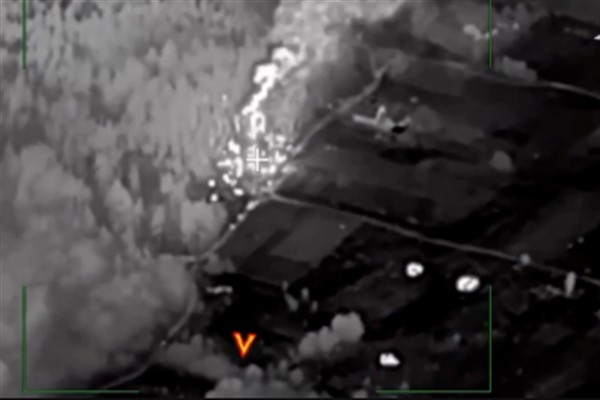Energy sanctions… Russia is asking the EU for gas payments in rubles, as a trump card against energy sanctions, but also as a response to the freezing of foreign currency assets. If this does not happen, the threat of stopping the flow of gas causes European countries to move towards plan B, the first steps were taken by Poland and Bulgaria. Poland and Bulgaria have to turn to alternative sources. There is a possibility that the cuts may extend to other European countries.
Of course, it is debatable whether Russia's request for payment in rubles is appropriate for the agreements, since energy agreements are made under long-term contracts and the payment method is specified here. If we consider that the EU does not impose sanctions on Russia that will paralyze its revenue sources, the economic sanction power is implemented bilaterally. The said tension still makes the situation of energy flows from Russia to Europe uncertain in the future. Of course, this is a phenomenon that will continue to exert upward pressure on oil and natural gas prices.
Situation of Russian assets… A striking detail regarding financial sanctions is the allocation of confiscated Russian assets. The US has been working on the use of these funds to help Ukraine in the last period. US Attorney General Merrick Garland said he would support lawmakers' efforts to allow proceeds from seized assets from Russian oligarchs to go "directly" to war-torn Ukraine. Some of the frozen assets are thought to be diverted directly to Ukraine, as a kind of war reparations. This brings in a Robin Hood model of being taken from aggressor Russia and given to the attacked and destroyed Ukraine. The White House has never officially approved the plan, but congressional aides are reportedly working on tweaks in consultation with the Treasury Department.

China still holds more than $1.5 trillion in US bonds… Source: Federal Reserve
Chinese assets… China is also concerned about this situation. Namely; It is possible that China, which is heavily thought to be planning a possible Taiwan attack in the future, will experience a similar economic paralysis, in line with the model in Russian sanctions. Chinese regulators held an emergency meeting with domestic and foreign banks to discuss how they could protect the country's overseas assets from US-led sanctions similar to those imposed over Russia's invasion of Ukraine. Apparently; Similar sanctions will be imposed on Beijing if China attacks Taiwan, and China is already looking for ways to avoid such interaction.
China, of course, maintains a strategic partnership with Russia in the current crisis, this of course aims to lay the groundwork for the actions planned by China in the future in terms of international interests. But given the situation Russia is facing, Chinese banks and companies remain cautious about doing any business with Russian entities that could trigger US sanctions.
Conclusion? The idea may seem to serve a lofty purpose, but it also points to a model that will set a bad example, contradicting the liberal democratic libertarian ideas advocated by the West on the right to free property. It is a fact that the economic and financial war has gotten out of control. To date, more than 1000 Russian individuals and companies have been sanctioned. It is also impossible to distinguish, as there are Russian state assets, individual properties and properties with complex partnership structures. The West's perspective is to weaken the Russian government and Putin both at home and abroad.
Since China is making plans to protect its financial assets, similar possibilities will arise in case of a possible regional crisis or military conflict. This means international asset allocation, and the countries that created the financial system may want to act to pierce free market capitalism in line with political and strategic interests, just as it was finished in the time of Bretton Woods. The Russian sanctions seem to be the clearest reference to this right now.
Kaynak Tera Yatırım
Hibya Haber Ajansı





